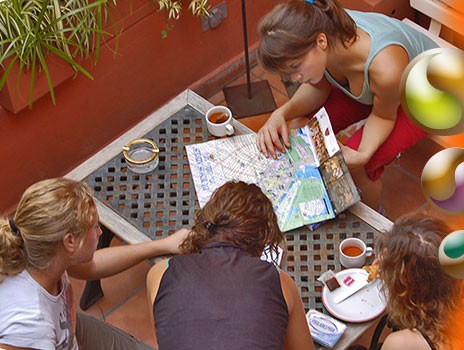Argentina has several different currency exchange rates, which can be confusing for visitors.
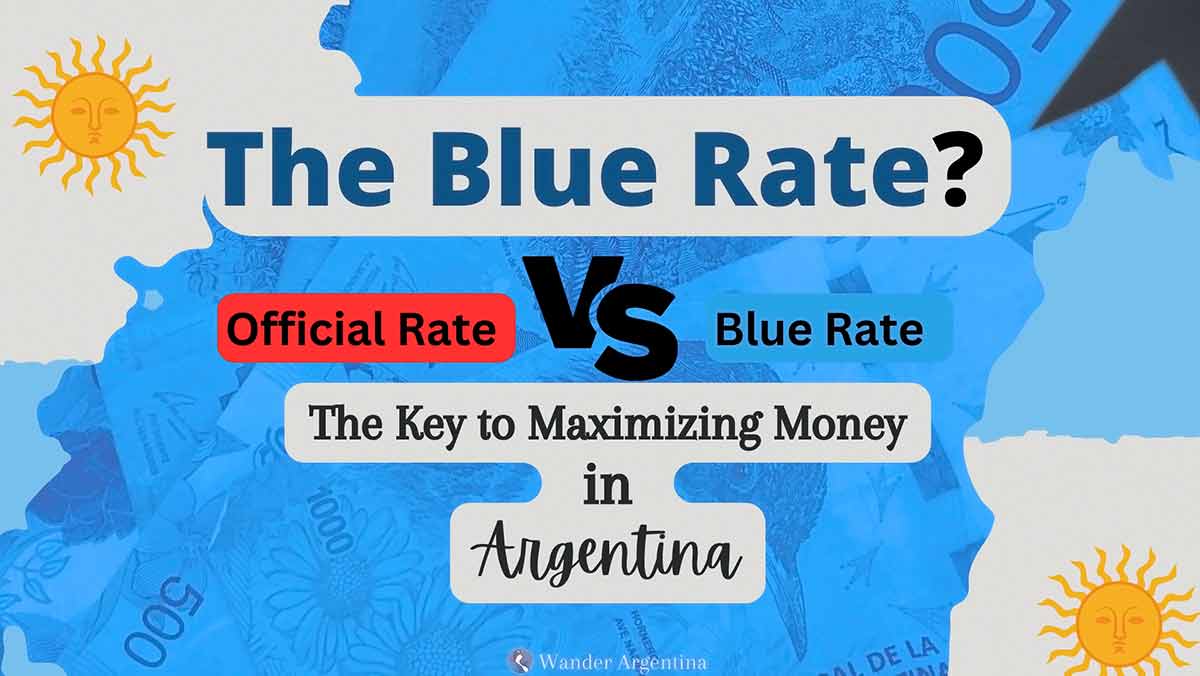
If you’re wondering what the ‘Blue Dollar’ is and why it even exists, read this post and check our currency converter below to save yourself a lot of money while visiting Argentina.
Argentina’s Economy: A Brief History
Argentina enjoyed an abundant beginning to the 19th century and was one of the world’s richest countries only one hundred years ago.
The French coined the phrase, ‘rich as an Argentine’ after seeing their lavish spending habits in Europe during the Belle Époque.
Argentina still has a wealth of natural resources and fertile land.
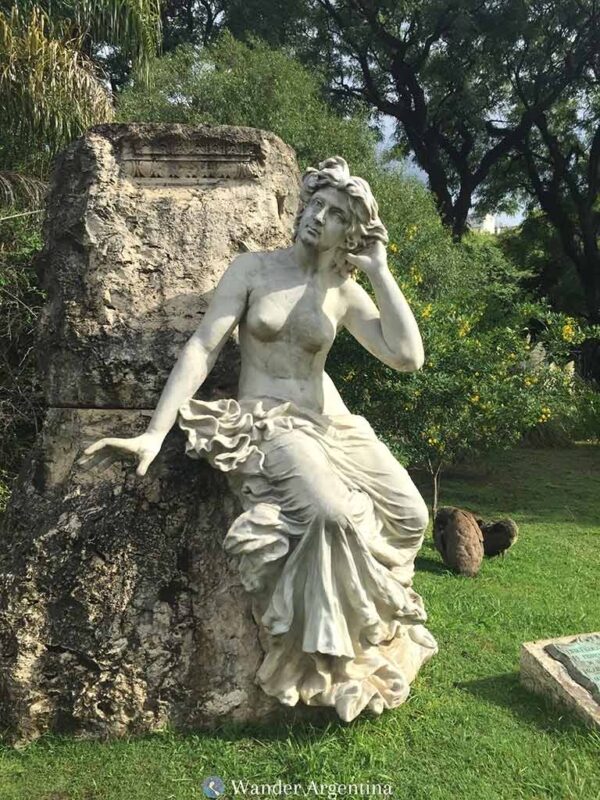
The riches of yore are most evident in the capital, Buenos Aires.
There are beautifully landscaped parks and plazas, buildings decked out in marble and brass, and elegant public statues such as the Nereids Fountain dotted all over the city.
The Argentine Paradox
The previous wealth of Argentina is most evident in some of the city’s biggest tourist attractions such as Avenida de Mayo’s Tortoni Cafe and Recoleta Cemetery, where departed Argentines forever rest in the luxury of pricey mausoleums.
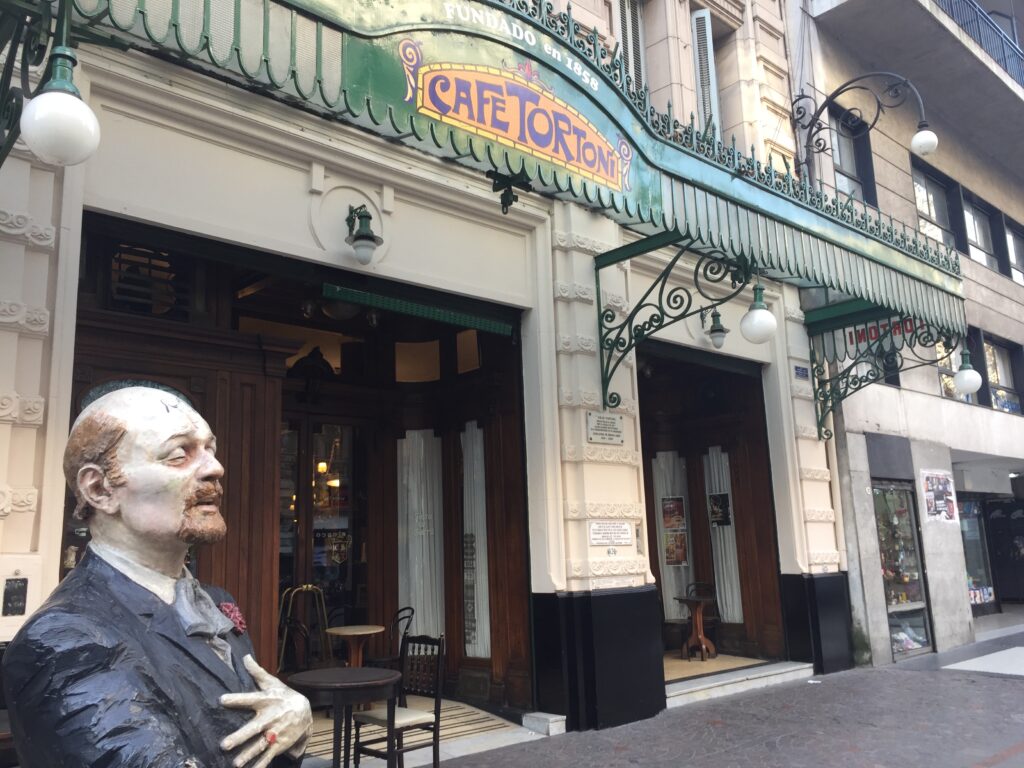
Since the golden days, a chaotic political landscape, a succession of military takeovers, corruption and free-for-all privatization in the 80s and 90s wreaked havoc on the economy.
Economists refer to the stark economic decline in Argentina as the ‘Argentine Paradox.’
How did a resource-rich country that had a similar GDP to Canada one hundred years ago fall so far?
It’s no mystery for those who live in Argentina (the unorthodox economic model for one thing!) nonetheless, countless essays have been written on the topic.
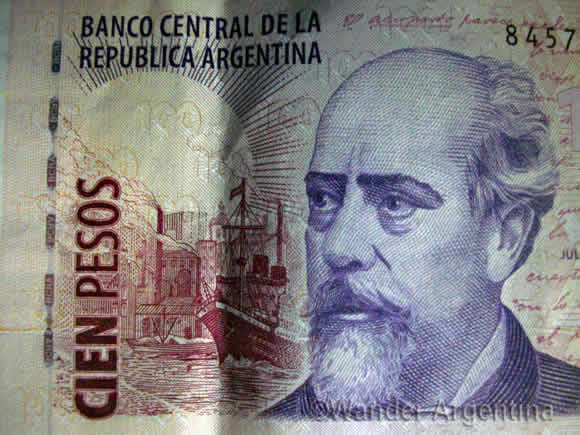
Rapper 50 Cent is known as ‘200 pesos’ in Argentina.
The Argentine Paradox is often contrasted with the Japanese Paradox.
As far as Argentina has fallen, Japan has risen. Japan experienced such economic growth that it grew to become the third-largest economy in the world in the same time frame, despite a scarcity of natural resources.
Before the economic collapse at the turn of the millennium, Argentina was a more expensive destination than Europe.
Argentina’s devastating 2001 economic crisis and the resulting devaluation of the peso meant lost savings for citizens who kept their money in the bank.
The country’s economic situation stabilized somewhat for citizens the decade after the turn-of-the-21st century crisis.
Employment increased and poverty rates fell for several years, but Argentina is on a constant roller coaster ride and the future is always uncertain.
One positive turn for the economy was that Argentina’s tourism industry has grown since 2021, as travelers discovered they could get more mileage for their moolah.
Since that time, Argentina has gained a reputation as an extremely affordable destination to visit and even to reside, attracting digital nomads, and self-described ‘expats.’
With destinations such as elegant Buenos Aires and the Alpine town of Bariloche, some liken it to visiting Europe on a South American budget.
Now those traveling to Argentina with foreign currency will still find it affordable (Buenos Aires’ fabulous subway still only costs $.30 tops) but the future is uncertain as always.
Recent changes are shaking things up, and budget adjustments are making it tough for locals.
Foreign visitors are noticing higher costs too.
V&S Boutique Hostel is a place to stay that ticks all the boxes.
It’s reasonably priced, clean, and offers guests a wide range of activities.
It is also located in the thick of the action downtown — this could be either a plus or a minus, depending on what you’re after.
This post includes affiliate links. If you make a booking we receive a small commission at no extra cost to you ❤️.
A Laid-Back but Social Downtown Hostel
Most Buenos Aires hostels are gathered around the tango bars and steak houses of San Telmo, or the bars and clubs of Palermo, but the microcentro area offers a happy compromise.
The corner of Viamonte and Suipacha streets lies two blocks walking distance of the pedestrian thoroughfare of Florida and Galeria Pacificos, a shopping mall that contains the Borges Cultural Center.
It’s also two blocks away from the spectacular Teatro Colón, among the world’s most celebrated opera houses.
Transportation is no problem here with numerous bus stops and subway lines running nearby.
Getting to San Telmo from the V&S takes less than 30 minutes on foot, and is even quicker by public transport or by using one of the city’s free bikes.
Palermo is slightly further away but still easy to reach from here.
The only drawback of being based downtown is the noise and hustle of a typical working day, which confront you as soon as you step out the door.
If you can cope with that, you’re in a very convenient spot for a fun stay in Buenos Aires.

Discover Argentina’s Asado Tradition in a friendly, fireside atmosphere.
The Space: Peaceful but Social
Inside, the V&S is relaxed and comfortable.
Typical Argentine early 20th-century elegance is reflected in details such as the antique elevator, the cozy library and the French balconies and terrace overlooking a park.
The communal area is sunny and spacious, decorated with touches of rural Argentina.
It’s also dominated by a gigantic TV, perpetually alternating between movies and sports, depending on who has wrestled control of the remote.
V&S offers all the standard features you would expect from a good hostel.
The price of your room includes a buffet breakfast (until 10:30 am), introductory Spanish and tango lessons, and personal lockers (bring your own lock for extra security).
Internet access and laundry are available for a small fee.
The staff helps arrange trips to the usual attractions such as football games, theater and tango shows.
The management also finds a good balance between encouraging a peaceful environment for guests who need their rest, while providing plenty of opportunities to socialize.
Group dinners are arranged a couple of times a week they can get guests discounts at various recommended nightspots every night of the week.
On Thursday, Friday, and Saturday nights the hostel puts on live shows highlighting Argentine genres of music, such as tango and national rock, giving guests the chance to experience the local scene.
Rates vary slightly depending on season and length of stay, but the cheapest option is the 8-person room.
Four-bed rooms, with either external or internal bathrooms, are a slightly more expensive alternative.
Private rooms for solo travelers or couples with a small balcony and private bathroom are also available.
A huge plus is that all rooms have air conditioning and heating, an important feature during Buenos Aires’ chilly winters and muggy summers.
If you’re looking for a downtown hostel in Buenos Aires, head to V&S for a more relaxed environment.
If partying is on the agenda, check out the nearby Milhouse Hostel on Avenida de Mayo.
Book V&S Hostel Online
Viamonte 887 (corner of Suipacha)
Retiro/Downtown
A Little History of the ‘Blue Dollar’
Throughout Argentina’s history, the currency has seen significant fluctuations, largely influenced by political shifts and economic policies.
Under Cristina Kirchner’s presidency from 2007-2015 strict currency controls were introduced, leading to a substantial black market for dollars.
During these years, Argentina was popular with travelers who came for the six-dollar steak and Malbec dinners.
Things get confusing for those using old guidebooks because when Mauricio Macri’s became president in 2015, he stabilized the currency flow and largely diminished the use of the black market by foreigners.
Prices inched upward during the few years the currency market was normalized, until September 2019, when the government reinstated its ‘creative’ currency controls amidst dwindling foreign exchange reserves.
This paved the way for the return of the Peronist government, with Cristina Kirchner serving as Vice President this time.
Once again, this change led to a divergence between the official bank exchange rate and the black market rate, commonly referred to as the ‘Dólar Blue‘ (Blue Dollar) rate.
To illustrate the huge breach: in January 2021, the official rate for one U.S. dollar stood at approximately AR$86, while the parallel market offered around AR$151.
This spread escalated by January 2022, with the official rate at $104 and the parallel market soaring to $204.
Those numbers will be surprising for newcomers who learn that the ‘Blue Dollar’ is now worth over AR$1000 per dollar.
Argentina’s Different Exchange Rates Today
Visitors will still want to leverage the Blue Dollar rate to optimize currency value.
The Blue or Black market dollar is listed in local newspapers as the ‘dólar informal‘ (informal dollar) while the ‘dólar oficial‘ (official dollar) is the official bank rate.
To confuse things further, there are a bunch of other exchange rates listed in newspapers.
One such exchange rate is the ‘Soy dollar’ that gives soybean farmers a favorable rate to boost the agricultural sector.
The ‘Qatar dollar’ was tied to the rate for those who traveled to view Argentina play the 2022 World Cup.
The “Netflix dollar’ is used to describe an inflated exchange rate tied to various taxes applied to foreign streaming services.
Less colloquial is ‘contando con liquidación‘ or the CCL rate, an investment rate of securities in pesos sold for dollars in foreign markets.
Money transfer services use this mechanism, thus they can often offer better rates than the Blue Dollar.
Whatever you do: don’t exchange money in a bank because that is where you’ll get the lowest rate.
¡Blue Dollar Still A Thing!
With Argentina’s ‘creative’ currency controls, the situation is that travelers can save money if they come to Argentina with U.S. dollars in cash, or even by using a money transfer service, which often offers a superior rate, to send money from a bank account at home.
The black market for the ‘Blue Dollars’ remains robust, as Argentineans don’t trust their currency and prefer to save dollars.
The Blue Dollar is still also thing for visitors who want to take advantage of the rate.
Not to mention cash is needed daily.
Many family-owned businesses want to avoid foreign credit card purchases due to fees on their end.
It is common for smaller stores to offer an additional discount for cash or charge a 10-15% surcharge on foreign cards.
To exchange dollars on the black market you need crisp 100 bills (usually dollars, but Euros and Reales are dealt on the black market too).
Outside of Buenos Aires, it may be more difficult to find money transfer services, especially in small towns, so it pays to carry some USD for backup.
Travelers may find they can even get more pesos in exchange for their US dollars in more remote areas of the country because people in the provinces have a harder time finding dollars to purchase.
On the other hand, it can sometimes be difficult to find a place to quickly change money in a pinch while traveling around the country, so make sure to have various options to access your money.
Carrying USD or Euros to exchange for pesos is also a good way to avoid, not just a bad official and lower MEP exchange rate, but also steep ATM fees, which run about a minimum of US$8 per withdrawal in Argentina, for any amount.
Understandably some don’t feel comfortable carrying lots of cash, but even those who don’t bring in foreign currency will be carrying wads of cash in Argentina, as the bill denominations are small.
Those used to using credit cards or Apple Pay for every purchase will have to adjust.
A light travel jacket with hidden inside pockets is a great option to conceal your cash.
→ To read about exchanging money on the street in the Buenos Aires black market, read Black Market Money Exchange & Other Hustles on Florida Street
Live Currency Converter
Try our currency converter to compare Argentina’s official, Blue Dollar rate and Western Union rate all in one place.
Input the number of dollars you want to exchange and press return to see the real live rate:
Keep in mind that these are the rates before ATM, Western Union and ‘arbolito‘ (money changing) fees.

Input a US$ amount
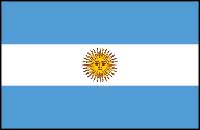
OFFICIAL RATE
US$ 1 = AR$
0
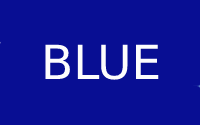
BLUE RATE
US$ 1 = AR$
0

WESTERN UNION
US$ 1 = AR$
0
MEP Credit Card/Debit Card Rate
The MEP (‘Electronic Payment Market’ in its Spanish acronym) rate, introduced in late 2022 to boost use of traditional banking for visitors, offers a more favorable exchange rate using a debit or credit card.
It also doesn’t include American Express debit or credit cards, so leave that card at home.
As of 2024, the MEP rate closely mirrors the Blue Dollar rate or lags slightly behind.
CASH / BLUE DOLLARS
• Visitors, just like most Argentines, will be unable to get their hands on any foreign currency in Argentina, unless they use the black market. They can also sell ‘Blue Dollars’ at a favorable rate.
CREDIT CARD RATES
• A rate called the MEP rate was created in late 2022, allowing foreigners to receive the MEP rate for Mastercard and Visa debit and credit cards, which tends to be 3-10% less than the Blue rate.
ATMs
• ATMs only remit Argentine pesos, at the MEP rate for most foreign cards (American Express is an exception) but have low withdrawal amounts and fees of around 20-30%
Read this post to figure out how to handle stacks of cash, and why you should bring ‘Big Headed Benjamins’ to exchange.
Relying on both the Blue Dollar or a money transfer service is better than ATMs. Most travelers avoid using ATMs because of their offensively high fees.
Argentina’s 2024 Currency Rollercoaster
Now that Javier Millie is president, and taking a chainsaw to Argentina’s spending, the spread between the official and blue dollar is shrinking to around 15%, although it varies.
In theory, this means Argentineans have more purchasing power, but rampant inflation disrupts that notion.
Javier Milei intends to dollarize Argentina’s economy, which involves adopting the US dollar in place of the Argentine peso.
His long-term strategy aims to stabilize the economy to combat inflation and encourage investment.
Argentina tried this policy in the early 1990s, after a similar period of recession and hyperinflation when the government fixed the peso’s exchange rate at one-to-one with the US dollar.
This move initially created a rare period of prosperity and Argentines gained the ability to travel abroad more affordably.
But the fixed exchange rate artificially inflated the peso’s value, creating an economic ‘fiction’ that collapsed under the weight of reality, which caused the economic crash of 2001.
Milei’s current push for full dollarization is seen as a bold measure to normalize the economy and build confidence in Argentina, although many feel it is a risky policy, as the country’s history illustrates.
Argentina not only has incredible landscapes and exciting cities but also one of the world’s most dynamic currency markets.
Make sure to keep abreast of the situation because exchange rates fluctuate every day and policies can change at any time.
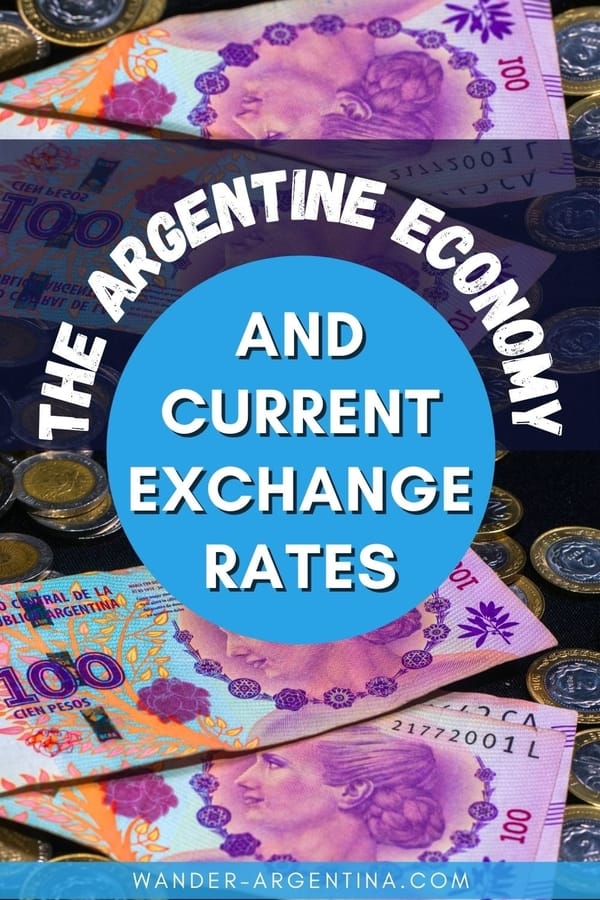
→ To read about transferring money from your home bank account if you don’t have cash, read Money Transfers to Argentina
